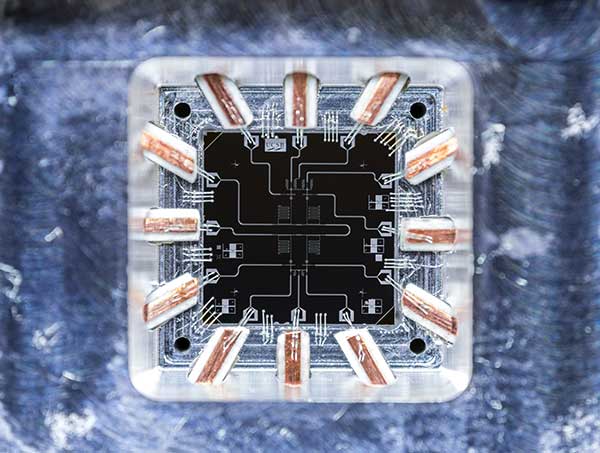
Breaking News
 $26M Frozen on Blockchain - With One Click
$26M Frozen on Blockchain - With One Click
 Italy are on national strike shutdown rejecting digital enslavement...
Italy are on national strike shutdown rejecting digital enslavement...
 The following U.S. states are currently using the rebranded "Reporty Homeland Security" so
The following U.S. states are currently using the rebranded "Reporty Homeland Security" so
 NATO Chief Urges Europe To Prepare For Long-Term World War With Russia, China, Iran & North Korea
NATO Chief Urges Europe To Prepare For Long-Term World War With Russia, China, Iran & North Korea
Top Tech News
 HUGE 32kWh LiFePO4 DIY Battery w/ 628Ah Cells! 90 Minute Build
HUGE 32kWh LiFePO4 DIY Battery w/ 628Ah Cells! 90 Minute Build
 What Has Bitcoin Become 17 Years After Satoshi Nakamoto Published The Whitepaper?
What Has Bitcoin Become 17 Years After Satoshi Nakamoto Published The Whitepaper?
 Japan just injected artificial blood into a human. No blood type needed. No refrigeration.
Japan just injected artificial blood into a human. No blood type needed. No refrigeration.
 The 6 Best LLM Tools To Run Models Locally
The 6 Best LLM Tools To Run Models Locally
 Testing My First Sodium-Ion Solar Battery
Testing My First Sodium-Ion Solar Battery
 A man once paralyzed from the waist down now stands on his own, not with machines or wires,...
A man once paralyzed from the waist down now stands on his own, not with machines or wires,...
 Review: Thumb-sized thermal camera turns your phone into a smart tool
Review: Thumb-sized thermal camera turns your phone into a smart tool
 Army To Bring Nuclear Microreactors To Its Bases By 2028
Army To Bring Nuclear Microreactors To Its Bases By 2028
 Nissan Says It's On Track For Solid-State Batteries That Double EV Range By 2028
Nissan Says It's On Track For Solid-State Batteries That Double EV Range By 2028
Google on track to make quantum computer faster than classical computers within 7 months

John Martinis, one of Google's quantum computing gurus, laid out Google's "stretch goal": to build and test a 49-qubit ("quantum bit") quantum computer by the end of 2017. This computer will use qubits made of superconducting circuits. Each qubit is prepared in a precise quantum state based on a two-state system. The test will be a milestone in quantum computer technology. In a subsequent presentation, Sergio Boixo, Martinis' colleague at Google, said that a quantum computer with approximately 50 qubits will be capable of certain tasks beyond anything the fastest classical computers can do.
Researchers say that quantum computers promise an exponential increase in speed for a subset of computational chores like prime number factorization or exact simulations of organic molecules. This is because of entanglement: If you prepare entangled qubits, you will be able to manipulate multiple states simultaneously.
New Scientist reports that Google is testing a 20 qubit quantum computer. Alan Ho, an engineer in Google's quantum AI lab, revealed the company's progress at a quantum computing conference in Munich, Germany. His team is currently working with a 20-qubit system that has a "two-qubit fidelity" of 99.5 per cent – a measure of how error-prone the processor is, with a higher rating equating to fewer errors.

 Carbon based computers that run on iron
Carbon based computers that run on iron

